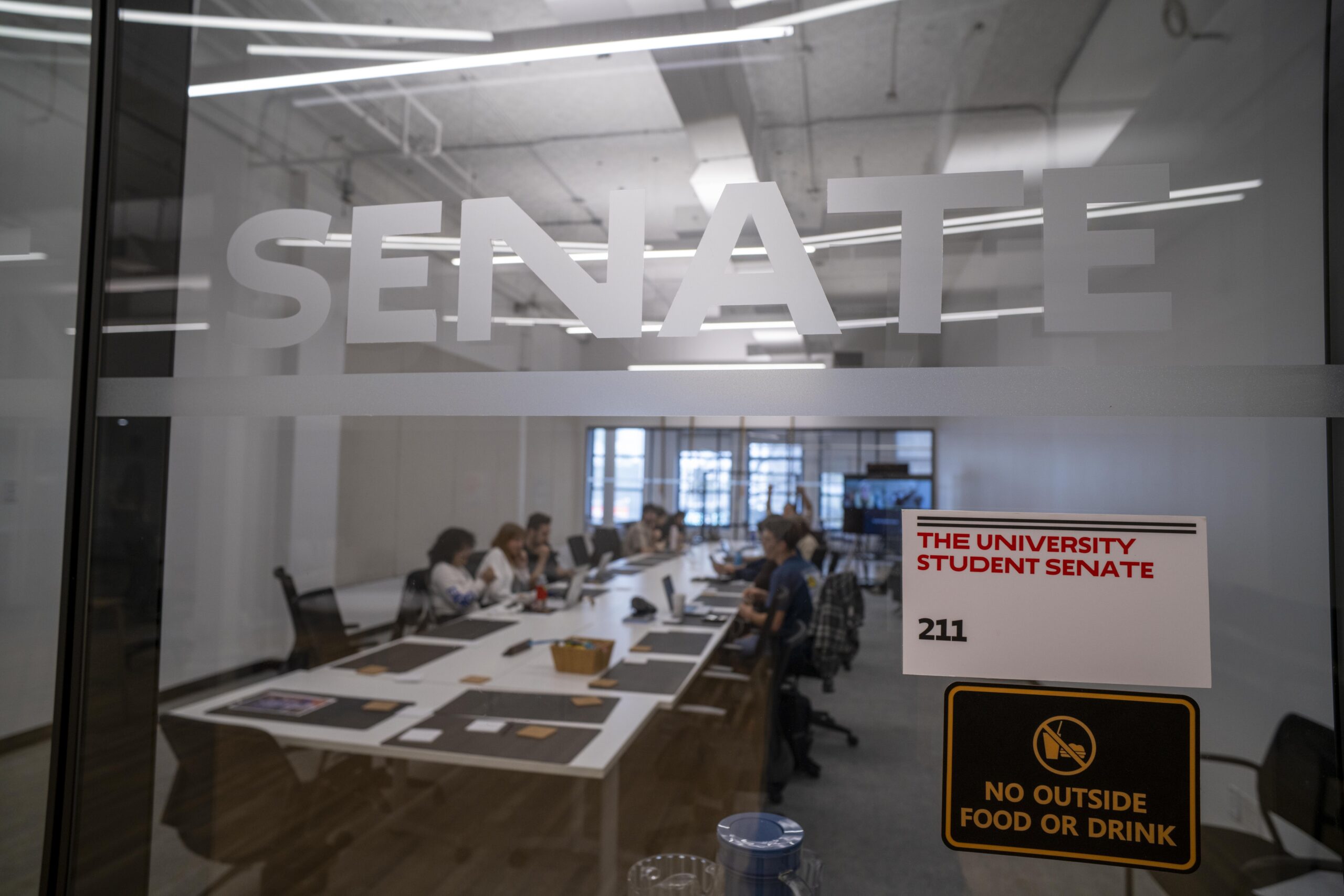When The New School for Social Research was established in 1919, Charles Beard, John Dewey, and the rest of the school’s founders proclaimed that it would be an institution free of the traditional bureaucracies of higher education. Faculty and students would control the institution, rather than deans, presidents, or other administrators.
In a May 11, 1918 editorial entitled “An Independent College of Political Science,” The Nation described how this rather radical idea would be implemented.
“The faculty will elect the board of trustees, and will also appoint and dismiss its own members,” said The Nation. “In other words, the professors will have complete self-government and will be responsible to nobody but their colleagues and the truth. While the school will have a secretary to attend to registration and collect fees, the usual administrative machinery will be reduced to a vanishing point. The projectors believe it mostly irrelevant to their purpose.”
Not only were faculty to spearhead the decision-making process, but students would also have significant representation. In 1921, the Evening Post reported that two members of NSSR’s Student Council were elected as representatives to the trustees’ meetings, where faculty members also had representation. The meetings “[were] far from the cut-and-dried performance, being rather a clearing house for ideas from the three points of view,” wrote the Post.
Since then, the university has changed quite a bit. In 2009, the newly-renamed New School had 60 trustees. That number has since been winnowed to 43, according to The New School’s website. But one element of the board of trustees has remained a constant in recent years: zero student or faculty representatives.
Almost a century after The New School’s founders launched their experiment in higher education, it’s not hard to see the sad devolution of their dream and the structures of governance they put in place.
An effort was made to remedy this in 2009, when a special committee was formed to explore issues of students representation on the board of trustees. The committee, consisting of trustees, faculty, students and administrators, unanimously recommended that four voting students be appointed to the board.
But the committee’s decision was shot down. “The full board of trustees tabled the proposal, in order for them to complete a reorganization of the board first,” said a statement on the University Student Senate’s website.
Nationwide, many public and private universities elect student representatives to the board of trustees. In New York State, all boards in the SUNY system have at least one student with full voting privileges, Bard College has two, and Rockland Community College’s tenth board member is always a voting student.
The New School should act swiftly to do the same and enact the recommendation brought forth to the board three years ago. Student tuition and housing fees accounted for roughly 90 percent of The New School’s operating budget in 2010, according to the most recent figures provided by the university’s website. The student body of The New School does their part for this university by almost single-handedly supporting it financially, and it’s about time the university gives something back: fair representation at the highest level of the decision-making process
The Nation heralded this institution as “a profoundly important educational experiment… founded on principles new and distinctive in our university life.” Surely, without proper student representation on the board of trustees, The New School has tragically fallen to a state unrecognizable to those who created it.







Leave a Reply